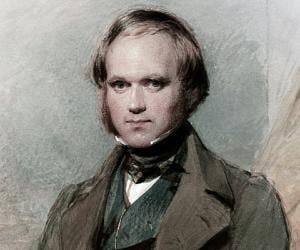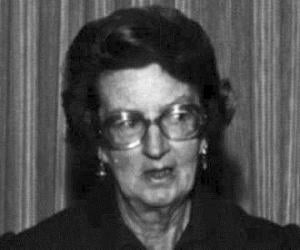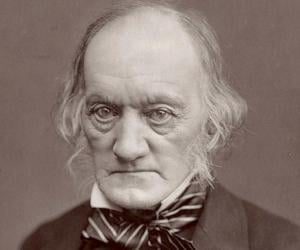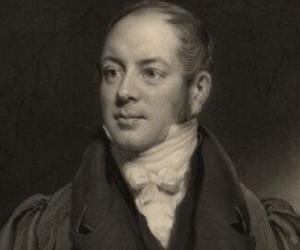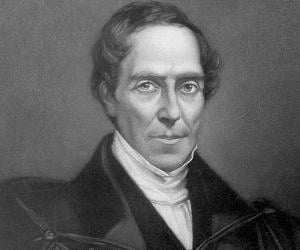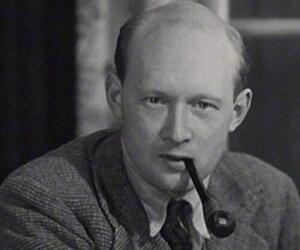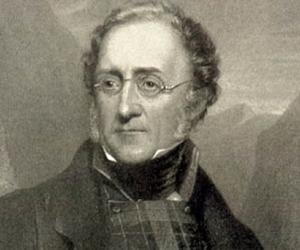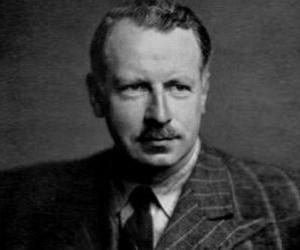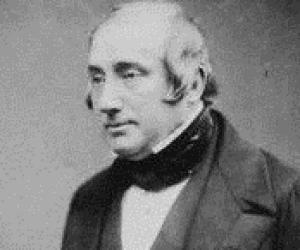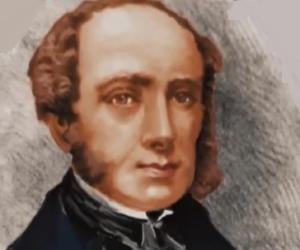1
Charles Darwin
(Naturalist known for His Contributions to Evolutionary Biology)
Birthdate: February 12, 1809
Sun Sign: Aquarius
Birthplace: The Mount House, Shrewsbury, England
Died: April 19, 1882
Charles Darwin was an English naturalist, geologist, and biologist known for his groundbreaking contributions to evolutionary biology. His theory of evolution by natural selection, developed during his voyage on HMS Beagle, revolutionized scientific understanding of the origins of species. Darwin's work established evolutionary descent with modification as the dominant scientific explanation of natural diversification. His research on plants, animals, and human evolution, culminating in his book "On the Origin of Species," remains a foundational cornerstone of modern biology.
